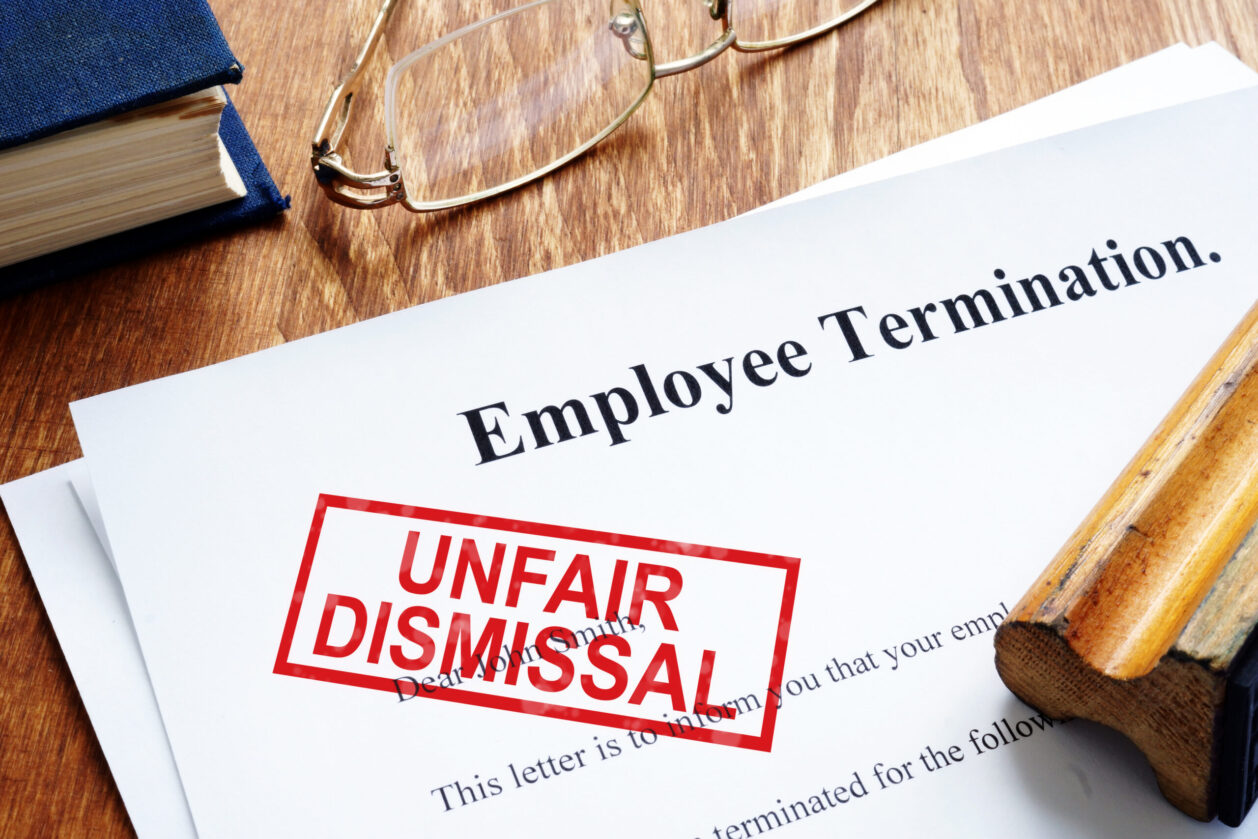A sudden COVID-19 lockdown can come as a shock to the system for many workers, increasing the likelihood of mental health issues coming to the fore.
As an employer, it is part of your duty of care to do what you can to provide a safe workplace.
As Ruah Community Services CEO Debra Zanella explains, the mental health of your workers plays a big part in this.
Here are some steps you can take to help ensure a mentally healthy workforce during lockdown and to aid a smooth transition as restrictions reduce.

What to say
Good communication is paramount to a mentally healthy workplace, regardless of the size of your business.
And during a disruptive event such a pandemic lockdown, this is all the more important.
According to Zanella, employers should:
- Keep their workers up-to-date with what is going on and how it impacts them.
- Reaching out to employees in different ways to see if they’re ok.
- Let workers know there is support available if they need it, and making sure they know how to access that support.
“A bit of understanding and flexibility will also go a long way, especially if employees have added concerns and obligations, such as home-schooling or caring for elderly parents, to cope with,” Zanella adds.
Depending on the size and structure of your organisation, how you check in with employees will vary, but having a process in place to make sure all employees are having a regular check in is vital, she explains.
How to say it
Ruah suggest some simple questions to ask your workers to start a conversation about mental health:
- Are you okay?
- Do you need any help with your workload?
- Are things going okay workwise and generally?
- Is there anything you are worried about that I might be able to help you with?
- Do you have any questions I can answer?
Reading the signs
Zanella says the way employees respond to the questions above can provide early indications of their mental wellbeing.
She lists some of the signs to watch:
- Ignoring or responding with very short, glib or vague answers to questions;
- Avoidance (not answering the phone, emails etc);
- Being very distracted;
- Sounding/appearing upset or confused;
- Using negative words;
- Illness (mental issues can often manifest as physical symptoms).
If an employer is told or thinks an employee is struggling it is vital that regular contact with them is maintained, and that the employee knows what supports and resources are available to them, and how to access them.
Motivating your staff
Zanella suggests that when communicating with your staff, incorporating some creative thinking can help lift morale.
“At Ruah, our teams meet each day to check in with each other, our COVID response team also meets every morning and I send a daily update to all staff to ensure they have the latest information and how it impacts them and our business, and to provide the opportunity to share stories, ask questions and stay connected,” she says.
“We are also sharing wellness tips with our team which emphasise the importance of looking after themselves despite the challenges – it is well known that becoming physically rundown can have a detrimental impact on mental wellbeing.”
She says upskilling staff can also be also a great motivator.
“Our staff are accessing online training, which not only offers upskilling but keeps people engaged.
In addition, making your staff feel appreciated is key. You can do that by thanking the regularly for their efforts and letting them know the positive impact their work is having during such a challenging time.
Emerging from lockdown
It is crucial to recognise and understand the varied impact lockdown will have on each employee, Zanella explains.
“For some, the lockdown will have no effect and they will slide back into the swing of things post-lockdown without missing a beat,” she says.
“For others the impact could be longer lasting.”
Zanella adds that the most important she can provide is to take a slow approach to your workforce’s recovery from lockdown.
“Take things slowly, step-by-step, don’t let people fall through the cracks in the rush to get back to ‘normal’,” she says.
“Respect your staff and understand their struggles, don’t create a culture where ‘resilience’ is code for ‘just suck it up and get on with it’ – mental health issues are not a choice, they are challenges that can be met with the right support.”
Resources
If your worker is struggling mentally, organisations that may be able to help include:
Mental health at work – why it’s everyone’s concern
As the psychological fallout of COVID-19 continues, experts are warning businesses to prepare for further mental health issues and compensation claims. Read more...
Your guide to operating through COVID-19 restrictions
During COVID-19 lockdowns and subsequent interim period restrictions, businesses are forced to rethink the way they operate. CCIWA outlines ways to work through COVID-19. Read more...








